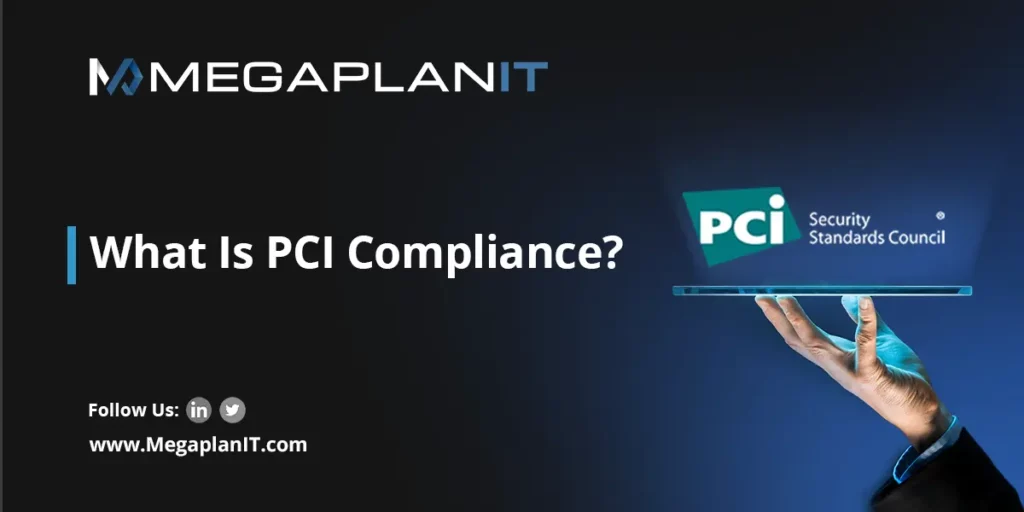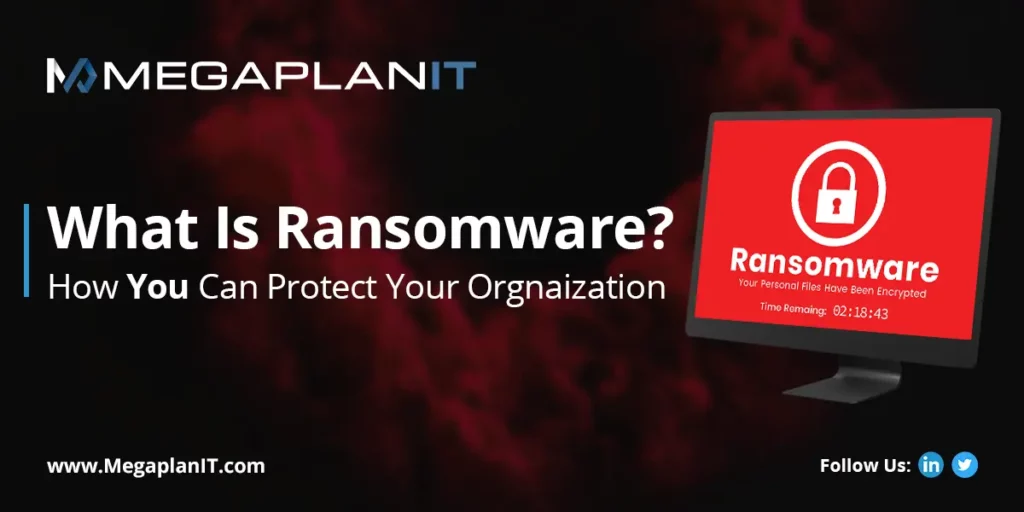About Us
Services
Latest Blog
 Blog
Blog
Latest Blog
 Blog
Blog
P2PE vs E2EE: Common Pitfalls and Deployments
Learn MoreLatest Blog
 Blog
Blog
P2PE vs E2EE: Common Pitfalls and Deployments
Learn MoreIndustries
Resources
About Us
Services
Compliance Services
Security Testing
Managed Security Services
Industries


Company
Management Team
Certifications & Qualifications
Technology Partners
Channel Partners
Careers
Compliance Services
Payment Card Industry
Federal & State
Privacy
ISO
SOC Audits
Encryption
Additional Services
Security Testing
Penetration Testing
Vulnerability & Risk Assessment
Code & Application Security
Advanced Threat Simulation
Security Training & Awareness
Ransomware Assessment
Managed Security Services
Blog
Events
Case Studies
On-Demand Webinars
Press Releases
White Papers
Payment Card Industry
Federal & State
Privacy
ISO
SOC Audits
Additional Services
Penetration Testing
Vulnerability & Risk Assessment
Code & Application Security
Advanced Threat Simulation
Security Training & Awareness
Ransomware Assessment
SOC as a Service
Managed Detection & Response
Fully Managed SIEM Solution
Automated Asset Discovery
Vulnerability Lifecycle Management
Endpoint Detection and Response
Active Threat Intelligence
Host Based File Integrity Monitoring
MegaplanIT
About Us
Services
Industries
Resources
About Us
Services
Compliance Services
Security Testing
Managed Security Services
Industries
Company
Management Team
Certifications & Qualifications
Technology Partners
Channel Partners
Careers
Compliance Services
Payment Card Industry
Federal & State
Privacy
ISO
SOC Audits
Additional Services
Security Testing
Penetration Testing
Vulnerability & Risk Assessment
Code & Application Security
Advanced Threat Simulation
Security Training & Awareness
Ransomware Assessment









